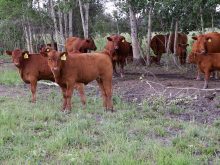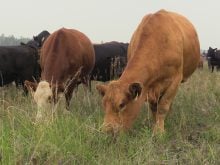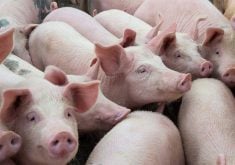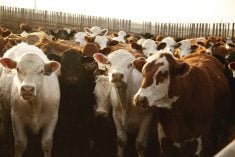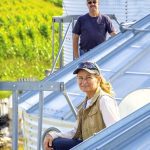No further trade in Canadian beef or live cattle should occur until the United States has done a full scientific risk analysis on the status of BSE in Canada, says the Ranchers-Cattlemen’s Action Legal Fund, or R-CALF.
But a spokesperson for the Canadian Cattlemen’s Association said more risk analysis of Canada’s beef is unnecessary.
“It is an obvious protectionist approach. The science and risk assessments have been done,” said Rob McNabb of the cattlemen’s association
The American Meat Institute representing U.S. packers and processors also joined the battle of words over the border dispute.
Read Also
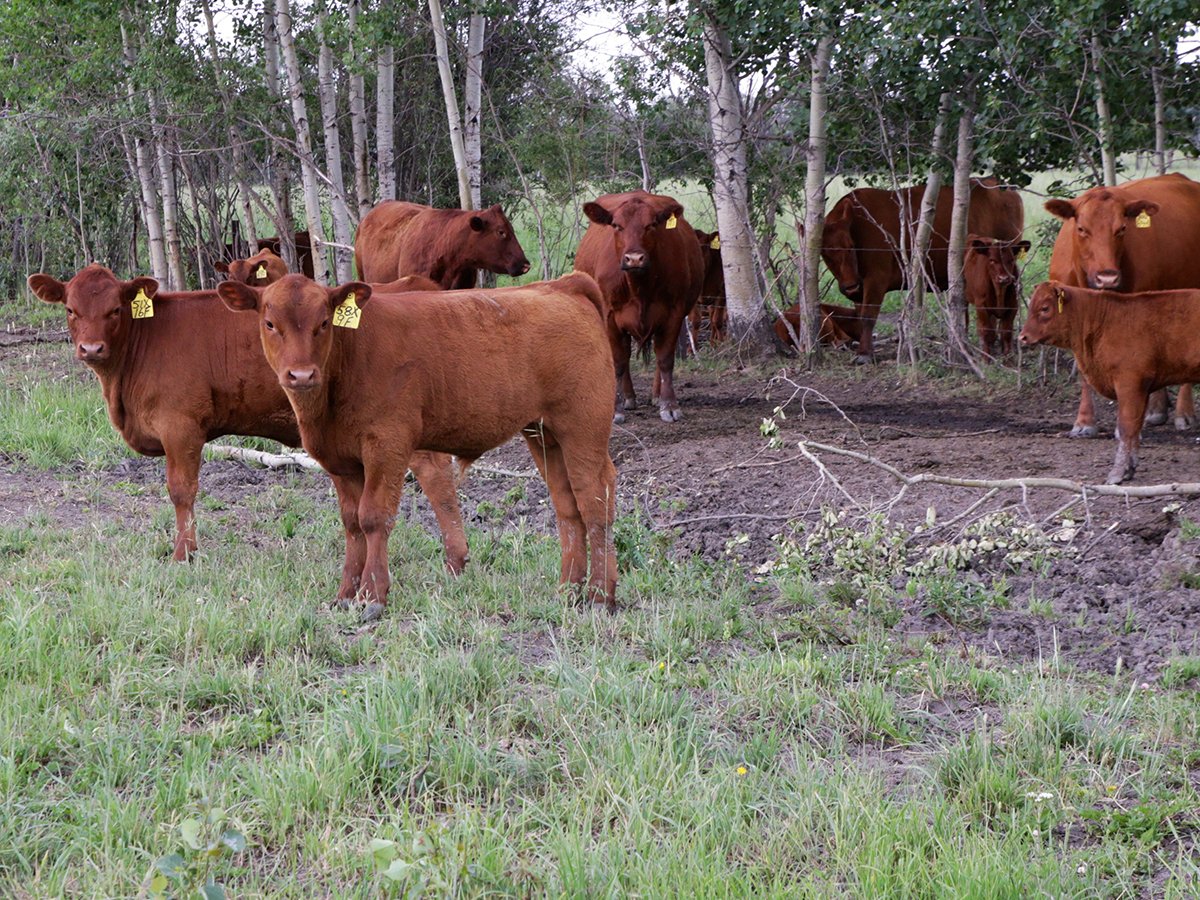
Feeder market continues the climb
For the week ending Aug. 30, Western Canadian feeder cattle markets traded $4-8 per hundredweight higher on average.
“Calling Canadian beef unsafe is like calling your twin sister ugly,” said a release from the institute.
The Canadian beef supply cannot be attacked without calling American beef into question, said an institute spokesperson.
“This is ridiculous. We have an integrated North American beef industry. We produce our beef in virtually the same way and our BSE risk mitigation strategies are exactly the same,” said Janet Riley in an interview.
R-CALF and the Consumer Federation of America, which shares the views of the Montana-based group, asked the U.S, Department of Agriculture to maintain the ban until the Institute of Medicine of the National Academy of Sciences does a complete scientific risk analysis. It is also urging public hearings and a halt to regulatory change that might open the border until the analysis is completed.
In addition, the groups want the government to track and test all Canadian cattle residing in the U.S. to determine the actual prevalence of BSE in the American cattle herd.
R-CALF estimates there are about 450,000 Canadian animals in the U.S. Its request includes testing of all Canadian cattle slaughtered for beef destined for the U.S.
American secretary of agriculture Ann Venemen told reporters May 27 that scientific evidence is already being used to measure risk to the cattle herd and public health.
The U.S. government relies on a study done by Harvard University that said the risk of having the disease was extremely low due to a ruminant feed ban and increased surveillance of suspect animals.
“We anticipate that we may find a few additional cows,” Venemen said.
“Certainly we’ve discussed this with our trading partners in terms of a very robust system that we are implementing in terms of surveillance in this country.”
Starting June 1, the U.S. intends to test 250,000-300,000 animals in the next 12-18 months. The U.S. national herd is 100 million head.
She said her department would continue its rule-making process to resume trade with Canada.
“We are in the process now of reviewing that overall rule for additional products to come in from Canada. That rule should be completed in the near future, but at this point I cannot give you an exact time,” she said.
At the Canadian cattlemen’s office, McNabb said all lobbying to reopen the border is complete.
“There is not a lot we can do at this time to speed it up,” he said.



